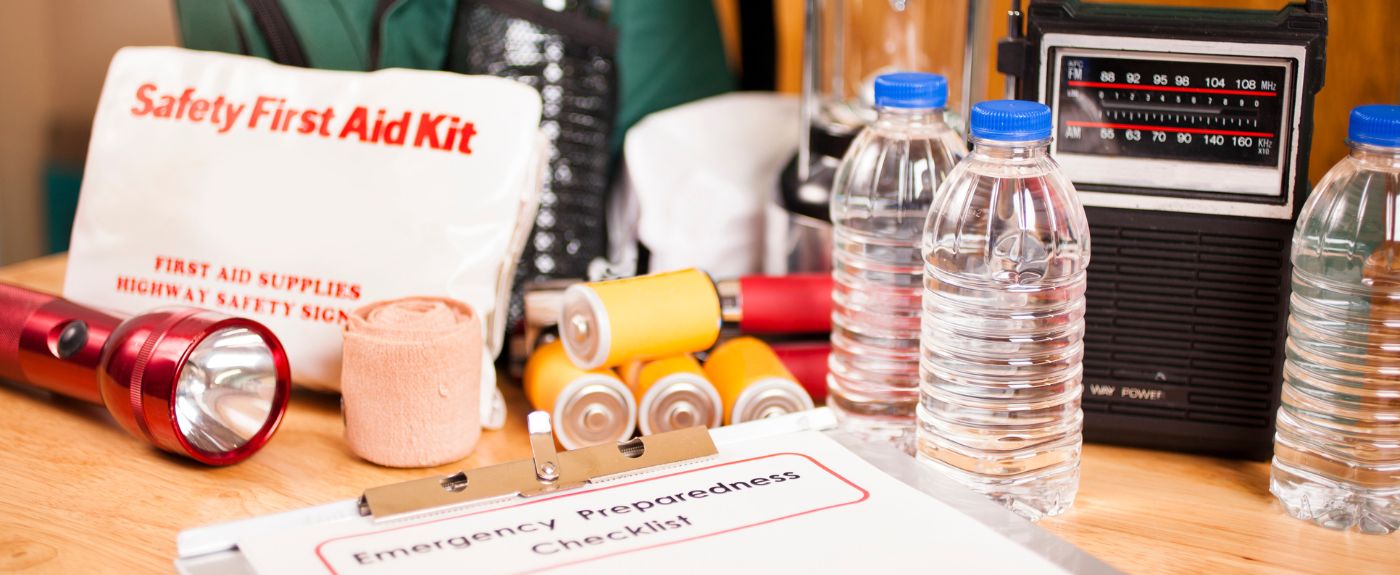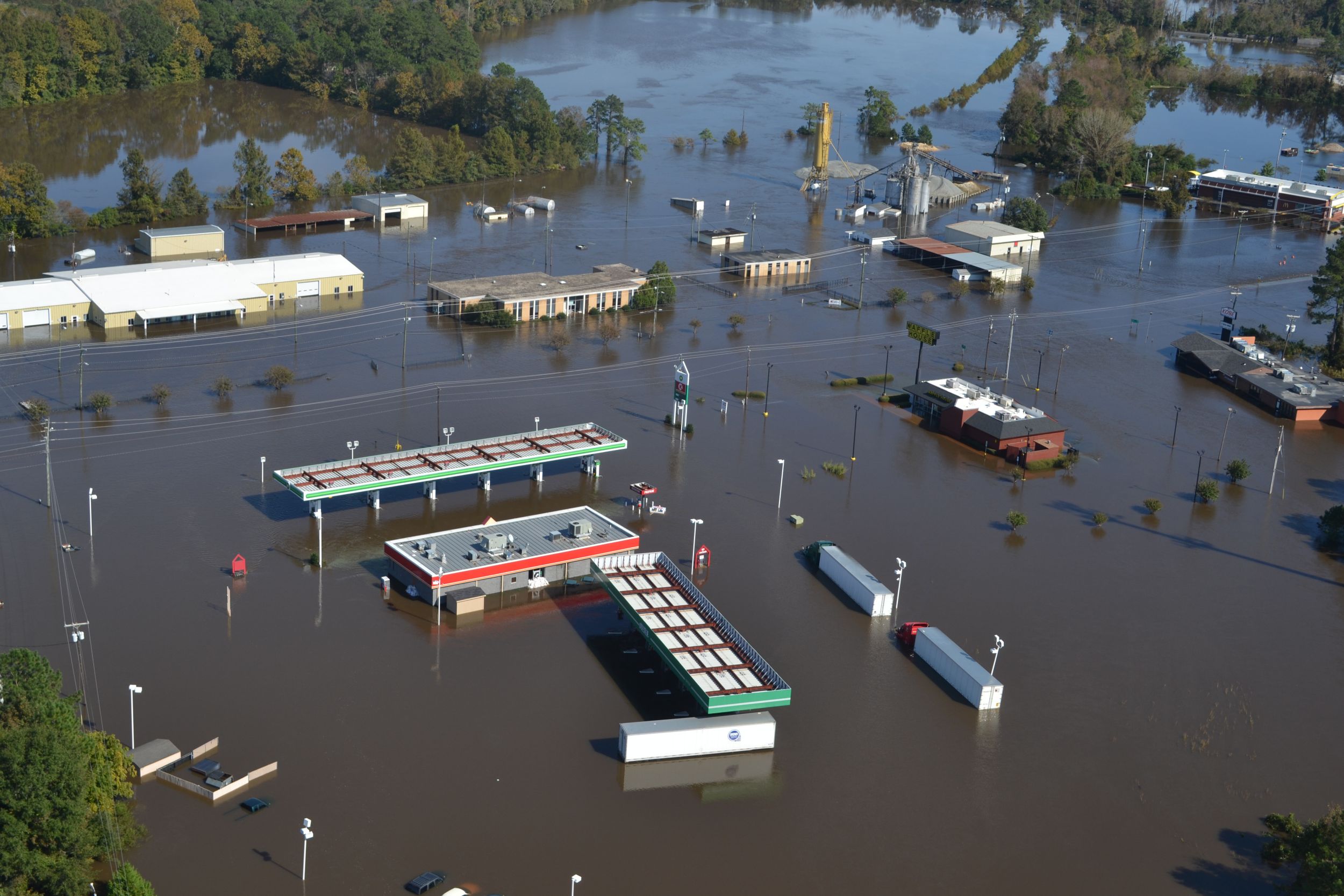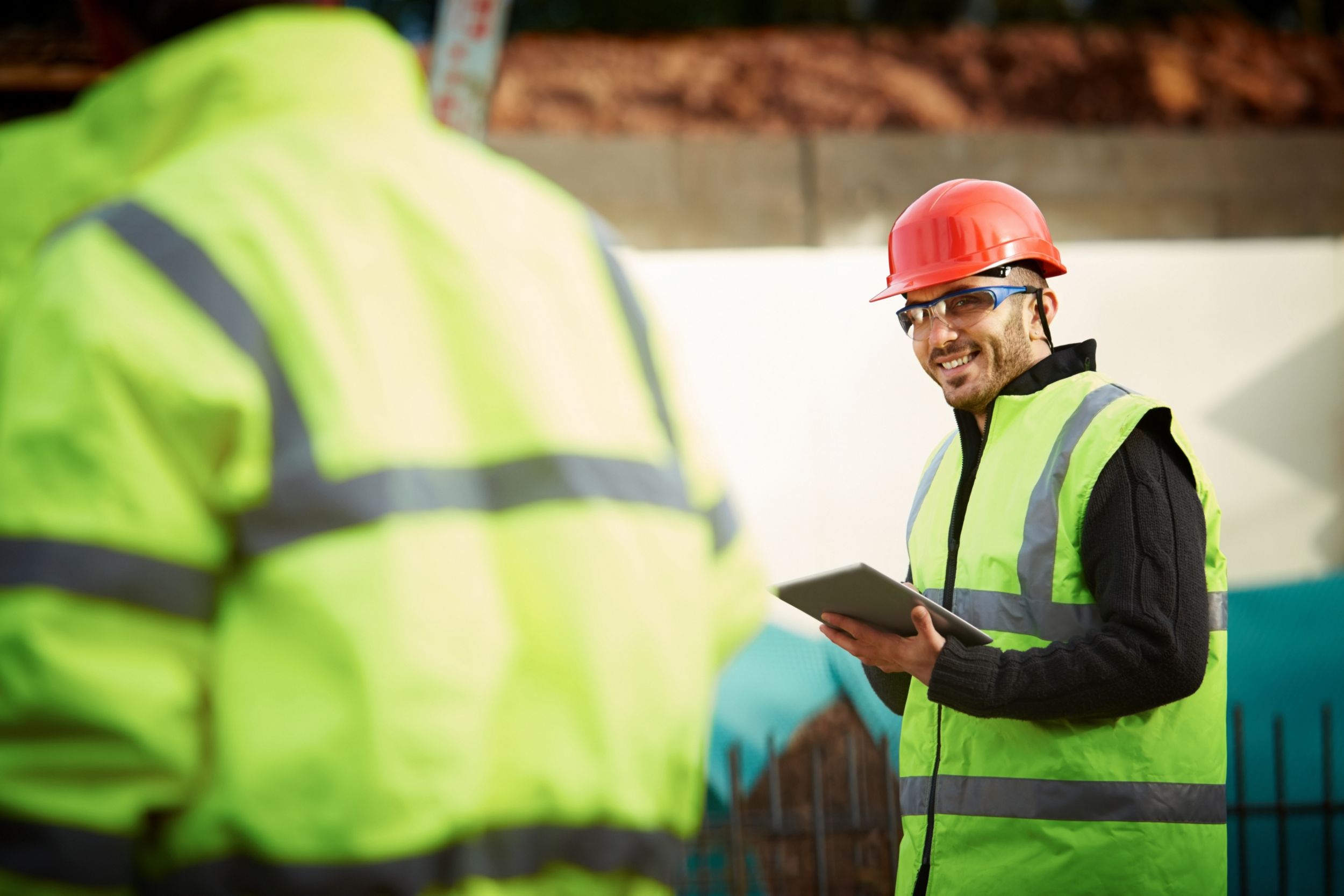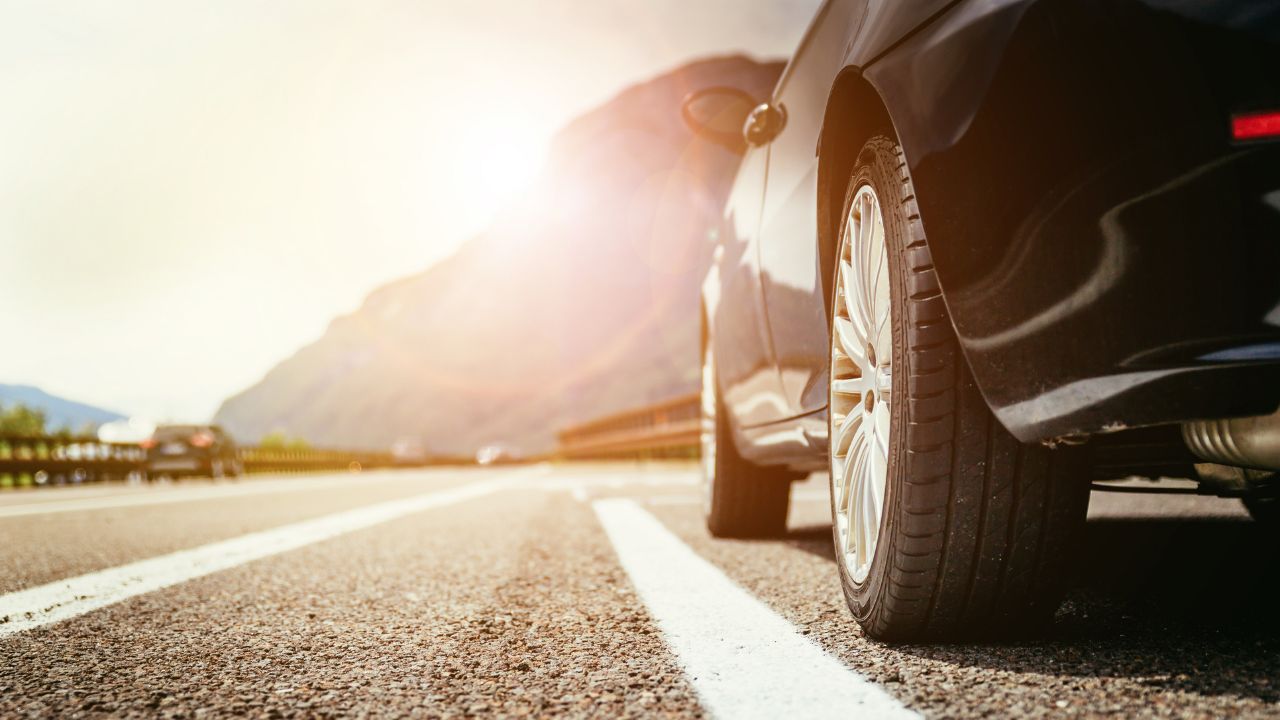

Sign In
Welcome! Sign In to personalize your Cat.com experience
If you already have an existing account with another Cat App, you can use the same account to sign in here
Register Now
One Account. All of Cat.
Your Caterpillar account is the single account you use to log in to select services and applications we offer. Shop for parts and machines online, manage your fleet, go mobile, and more.
Account Information
Site Settings
Security
Your Disaster Preparedness Shopping List — 23 Ideas Beyond the Basics
Get ahead of the crowds and stock up on these useful items before a pending disaster.
By Caterpillar | Posted: Sept 01, 2022
You’ve seen all the prepping lists: nonperishable food, water, flashlights, fuel, and a first aid kit. That’s a good start.
But you can do better. Being truly ready for a disaster means that you're prepared for any possibility. And believe it or not, you’re not just taking care of yourselves – you’re helping others, too. Having everything you need to survive allows emergency personnel to focus attention on more vulnerable people who need immediate help.
With this ultimate disaster preparedness shopping list, you can keep yourself and the people around you safe.
Shopping List to Prepare for a Hurricane
We've compiled a list of key things to stock up on, beyond the basics, that will fly off shelves in the days before and after a major storm. Get them early and you’ll be able to avoid the lines and focus on prepping your house and cleaning up after the storm has passed.
- Headband-mounted lights and extra batteries: Lighted headgear is much more convenient than carrying around a hand-held light. Additionally, headlamps allow you to keep your hands free for more practical uses during and after storms.
- Walkie-talkies: They’ll come in handy should you be out helping neighbors, looking for dogs, etc., especially if cell phone service is unavailable.
- Solar-powered lights that go in your yard: Ideally, these are items you may already own, so it’s more repurposing them versus buying them new. Before a storm, you can bring them indoors to use as temporary light sources in case the power goes out. Having light in your home makes your property more visible for emergency response teams.
- Trash bags: A must-have for cleanup post-storm, as well as to protect valuable keepsakes in advance. An adequate inventory of trash bags is critical for keeping your home clean during a disaster. A sturdy trash bag can also serve as an impromptu rain suit in severe weather or a receptacle to collect water in desperate situations.
- Bleach: Good for killing mold and purifying drinking water. Experts say 8 drops of chlorine bleach to one gallon of water can provide purifying properties in an absolute emergency. You can also pour bleach into standing water to fend off mosquitos any time of the year.
- Plywood: If you’re in a hurricane zone, you should have this on hand year-round. Get it now and prep it to fit over your windows, should the need arise.
- Fans: You’ll want them to dry your stuff out post-storm as well as provide much-needed airflow should you not have working air conditioning in your home.
- Secondary, battery-powered sump pump: Battery backups will kick on automatically and are a safety net in case your primary pump fails, or you run out of fuel for your backup generator. While they can be costly, you likely won’t regret it if it helps save your house from flooding.
- Tarps: After a series of back-to-back hurricanes in 2017, tarps were on backorder for weeks. Buy them now, so you can have them on standby should you need to cover your home air conditioning unit during a storm and cover up damage post-storm, etc. Tarps are also useful for constructing makeshift tents or shelters.
- Ropes/bungee cords: Ideal for securing your tarps and anything else that could blow away. In a medical emergency, the rope can serve as a sling or tourniquet. If there's a need to travel during a disaster, a rope or a strong string can help tie tools and other items to your backpack as well.
- Candles and matches: Candles are a practical backup light source for your flashlight. Larger candles can also help you cook food (we’re not talking tea lights or small votives here). You can even find stormproof matches that light while wet and strike in cold and windy weather.
- Cash: You’ll need cash if credit card systems and ATMs are out of commission. It's best to save a month's worth of expenses in cash. You don't need to include money for any bills on autopay, but you'll need money to buy food, pay for gas, etc.
- Ax: Axes are powerful (and dangerous) tools, so it's best to keep them safely secured in your shed or attic until disaster strikes. That said, an ax can come in handy when building fires. Axes are also helpful when clearing an area of fallen trees or tree limbs.
- Chainsaw, oil, extra chains: Even if you don’t have downed trees on your property, you’re almost certain to know someone who will. Without a good chainsaw, you might need to wait days or weeks until someone else can clear your property. If you invest in a chainsaw, secure it properly, especially if you have kids.
- Work gloves: Picking up debris, tree limbs, and garbage can be hazardous. You could also encounter harmful substances or bacteria when working around a poorly ventilated area. Gloves will protect your hands from… well, a lot of stuff.
- Whistle: Should you find yourself in a situation where you need to be rescued, a whistle will be key to getting rescue teams’ attention.
- Glow sticks: Perfect to hang from your dog’s collar so you can keep track of him at night. Glow sticks can also be an additional light source for your flashlight and candles.
- Dust masks: You’ll want these for post-storm cleanup. Trust us. N95 face masks offer more protection than a typical dust mask, so it may be worth going the extra mile when mask shopping.
- Duct tape: Good for sealing things up or holding things down. Duct tape can patch holes, insulate, make rope, or even serve as a cup in a pinch. It’s duct tape – need we say more?
- Fire extinguisher: An up-to-date fire extinguisher can be a lifesaver in many situations. You should have one of these in your home anyway. If you don’t – get one.
- Waterproof gaiters: Gaiters are leg coverings that typically protect from the ankle to the knee. The idea is to have a layer of protection for the legs if there's a need to travel. They're especially helpful for keeping small rocks, mud, sand, and other debris out of your shoes.
- Good walking boots: Post-storm, you may find yourself walking quite a bit, whether it’s to check on neighbors, evacuate your home, or search for your pets. Selecting the right shoes is crucial because they protect your feet and provide warmth in cooler weather. Wear good boots that fit your feet well because you never know how long you’ll be in them.
- Non-prescription and prescription medications: Over-the-counter (OTC) medicines are essential in the event of a minor illness or ailment, such as a headache, indigestion, constipation, or diarrhea. An extra supply of prescription medicines will also be important as pharmacies may be out of commission following a tornado or hurricane.
Grocery List for Emergency Preparedness
In addition to the material supplies above, it's essential to have a large stock of nonperishable food. You'll want to go beyond the basics though and consider having foods that provide a balanced diet in the event of prolonged isolation without power. Here is a list of items we recommend:
- Food for infants (if they're part of your sheltering group)
- Canned meats, fruits, and vegetables
- Energy, protein, or fruit bars
- Peanut butter
- Boxed or canned juices
- Dry cereal
- Nonperishable milk
- Comfort foods
It's vital to remember that without power, food stored in a refrigerator will become unsafe. A good rule of thumb is that most food will remain safe in the refrigerator for no more than four hours without electricity. Nonperishable food in dented cans, even though it's nonperishable, may also be unsafe to eat.
At Caterpillar, many of our customers are the hard workers cleaning up your area post-storm. We believe in safety for everything we do, including disaster prep. We hope you make use of our tips for emergency preparedness. Staying safe during a disaster can be luck. But good planning surely helps.
Related Stories
-
Flood Safety Tips: Before, During and After
If you live in a flood zone, it's critical to know how to prepare for a flood. Discover important flood safety tips, including how to evacuate your home safely.
Learn More -
Tips For Preparing a Business Disaster Plan
A natural disaster disrupts everything from your daily schedule to the ability of your business to continue operations. Read our tips for creating plans and preparing for the worst.
Learn More -
How to Give a Safety Briefing at Home
A safety briefing is a simple routine that will help you and your family stay safer at home. A good place to start is with our S.A.F.E. 4-step process.
Learn More Safety -
Roadside Emergency Kits for Your Car: An Essential Checklist
Wondering how to make a roadside emergency kit? This checklist has the essentials you'll need to keep you safe on the road.
Learn More






